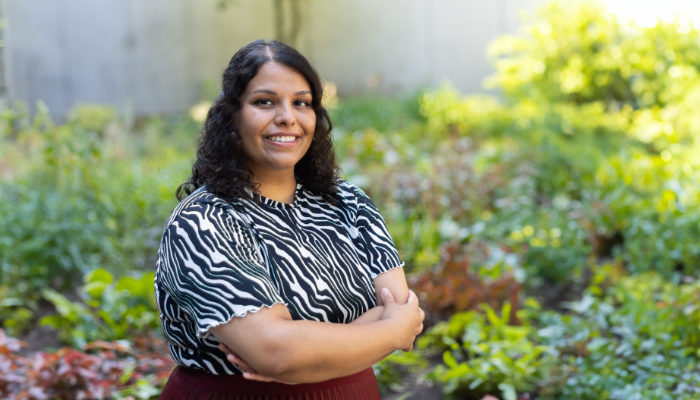Pardis Adams
Solar Water Splitting for Sustainable Hydrogen and Green Chemical Production

Solar energy is essential for mitigating climate change and promoting sustainable development.
Currently, the global annual demand for hydrogen stands at approximately 95 million tons, primarily driven by its use as a chemical commodity in industries such as fertiliser production and steel manufacturing. However, most hydrogen for these industrial processes is produced using fossil fuels, resulting in significant carbon emissions. While efforts are being made to produce hydrogen from renewable sources like photovoltaics and wind, this "green hydrogen" accounts for only 4% of global demand. Transitioning just the cement and steel industries to green hydrogen could reduce global CO₂ emissions from hydrogen production by 10%, marking a significant step toward achieving net-zero emissions by 2050.
Hindering this development are the high costs of green hydrogen produced from renewables and electrolysis, yielding only water as a waste product, which currently costs more than fossil fuel-based hydrogen and is only commercially viable due to government subsidies.
Pardis and her team are developing an innovative alternative technology known as photocatalytic (PC) solar water splitting, which integrates light absorption and electrolysis in a single device, offering a cost-effective solution for green hydrogen production. Advanced materials fabrication and characterisation bring this project closer to harnessing renewable energy in a way that supports sustainable, large-scale hydrogen production. This has the potential to reduce industrial carbon emissions and advance global efforts toward a clean energy future.
During her entrepreneur fellowship, Pardis is working on optimising and refining this technology, leveraging previous knowledge and published data of photoelectrochemical water splitting systems to develop a highly efficient, scalable, and industrially viable solution for green hydrogen production.
Ultimately, the goal is to bridge the gap between lab-scale efficiency and industrial feasibility. In the next phase of this project, Pardis will secure intellectual property protection, continue the efforts to engage with the market to understand the commercial demand and acquire additional funding to drive its progress forward.
Affiliation: Prof. David Tilley
Start date: 10/2024